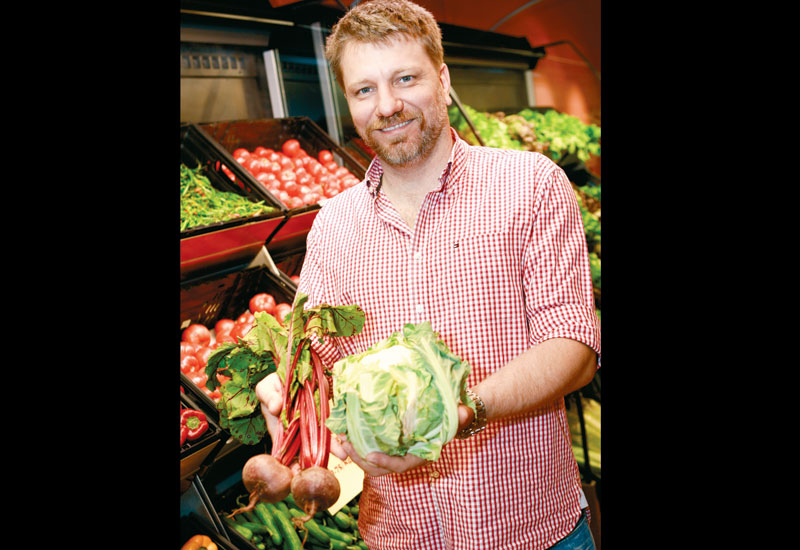Time and patience
As with any developing market, it seems the key to allowing the organic market to grow is to have patience and to continue trying.
Despite his views of the Middle East market’s current state, Organic Foods and Café’s El Accad has a passion for what he sells and pointds out that chefs often advocate naturally-grown produce.
El Accad, like many other organic traders, might be finding it difficult in the current climate, but he believes that it’s a question of time when it comes to organic products and ingredients.
“The Middle East is not separate to the rest of the world, so if organic can take off in other markets it can take off here,” he says.
“As the UAE and the area reorganises itself, new customers will come — and my job will be to make sure these new customers are made aware.”
Magnolia’s Kurz, who witnessed the growth of a fully functioning organic market in her native Germany over a period of years, notes that “the beginning is always difficult” and requires effort.
“But here we have a difficult environment,” she adds. “Local suppliers are limited because of the climate and we simply have to face that.”

Advertisement
Organic study
A report published by the London School of Hygiene and Tropical Medicine in July concluded that organic food offered no additional nutritional value than conventional products.
The report focused on studies published over the last 50 years. It was commissioned by the UK’s Food Safety Agency and partly published in the American Journal of Clinical Nutrition.
One of the report’s authors Alan Dangour said: “Our review indicates that there is currently no evidence to support the selection of organically- over conventionally-produced foods on the basis of nutritional superiority.”









 Search our database of more than 2,700 industry companies
Search our database of more than 2,700 industry companies









